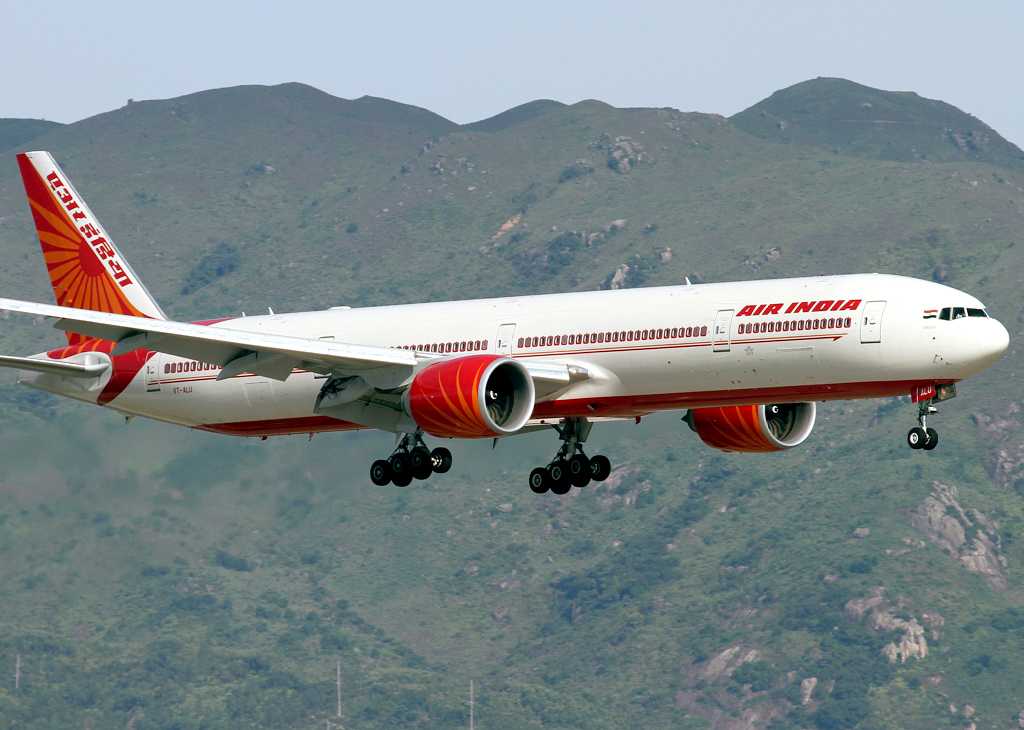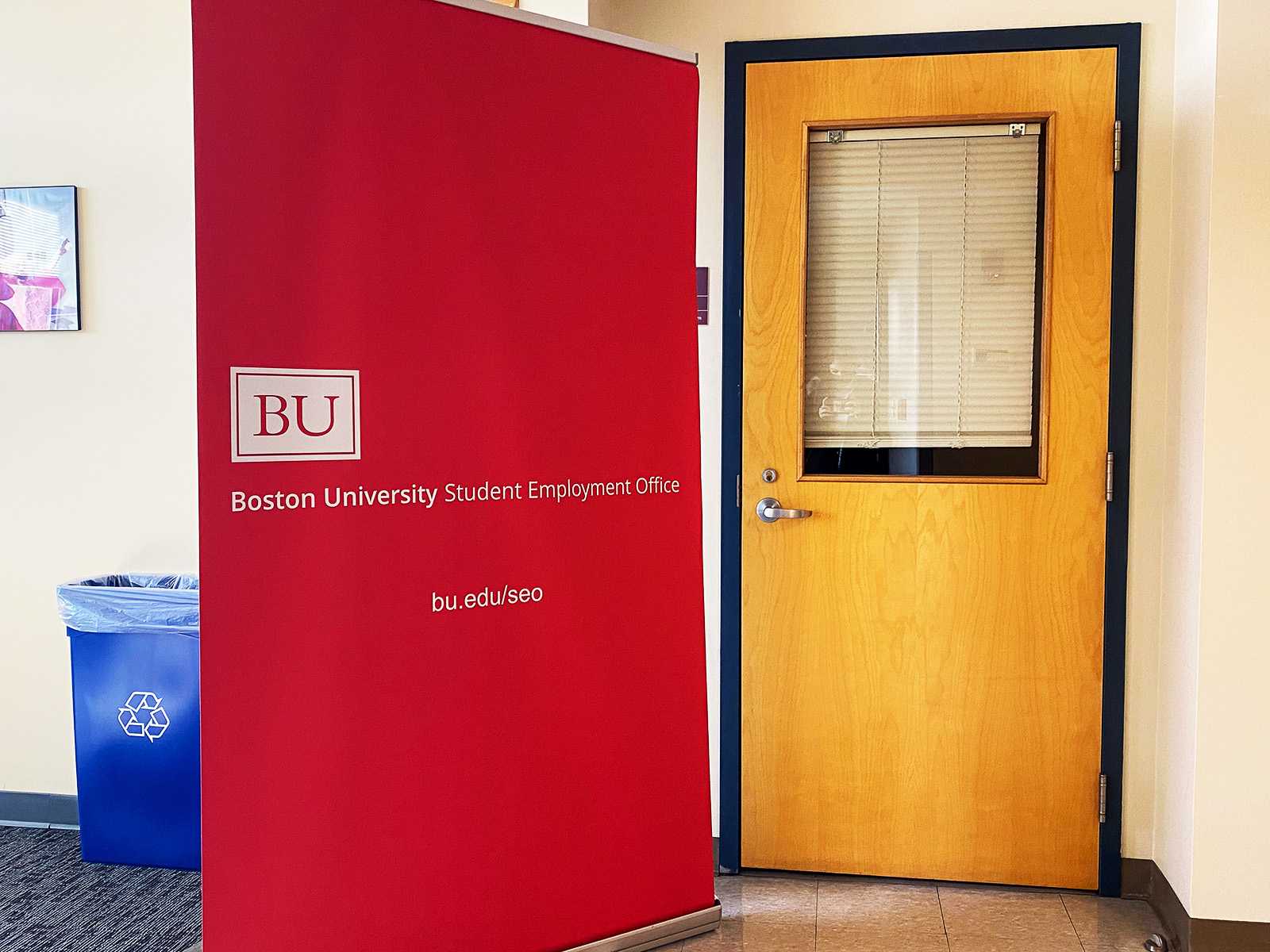Boston University students studying abroad said being away from the U.S. during the election gives them a more global perspective.
“To be honest, I feel like I am at an advantage being in Europe during the election season,” said Jason Kashdan, College of Communication junior who is studying in Madrid, in an email interview. “I’ve learned to think about how the decisions and actions of our country have a significant effect on the lives of everyone else in the world.”
Students who planned to vote from abroad had to send a federal postcard application form to their local Board of Elections, then return their ballots by mail or to the American Embassy, said Chris Russell, the Study Abroad associate director of campus outreach.
“Students like seeing what happens in their home country while they’re studying abroad,” Russell said. “It gives them a different perspective on our national politics, depending on where they are.”
Kashdan said he was surprised to learn that people in Madrid are very well informed about upcoming elections.
“Because of this, I feel like I have political discussions with my friends, coworkers and family here in Madrid, more so than I would have at BU,” he said.
Beth Luby, a College of Arts and Sciences and COM junior in London, said when people find out she is American, the first thing they ask is her opinion on the elections.
“My coworker was curious what I thought of the debates and whether I thought Gov. Romney actually had a shot at winning,” she said in an email interview.
Leslie Backoff, a School of Hospitality Administration junior studying in Sydney, said the impact of the U.S. presidential elections in other countries is eye-opening.
“Seeing how much the election influences the rest of the world is something that I will keep in mind for all other elections I am able to vote in,” she said. “Voting, and more specifically voting for who will be the next president of the United States, is something that millions of people would love to take part in.”
Luby said being in another country during the election season is refreshing.
“There are things happening other than relentless campaigning,” she said.
Kashdan said he is surprised that Europeans are more concerned about U.S. politics than some Americans are about European politics.
William Grimes, an international relations professor, said there is plenty of information available to people in other countries regarding the election.
“The amount of information that’s available is enormous, down to the fact that you can see every single political map on the web if you choose,” he said. “Anybody who is fairly well-educated in most countries should have a great deal of access to information, particularly if they speak English. But even if you don’t, you can still get a lot.”
Luby said Europe seems very concerned about the possibility of Romney winning the election.
“Until recently, my political science professor had considered Romney unelectable,” she said.
Although Grimes said the elections would not make a huge difference internationally, if Romney becomes president, it would have an impact on U.S. relations with foreign countries.
“There are a couple of places where a Romney president might complicate U.S. relations with other countries,” he said. “One is the statement that he will be declaring China a currency manipulator on day one of his presidency. It is not going to have very much effect except to annoy the Chinese.”
Next week, the Study Abroad office International Education Week will invite students studying around the world to record what they witnessed from abroad during the election, and specify what different cities and countries are reacting to about the election.


















































































































